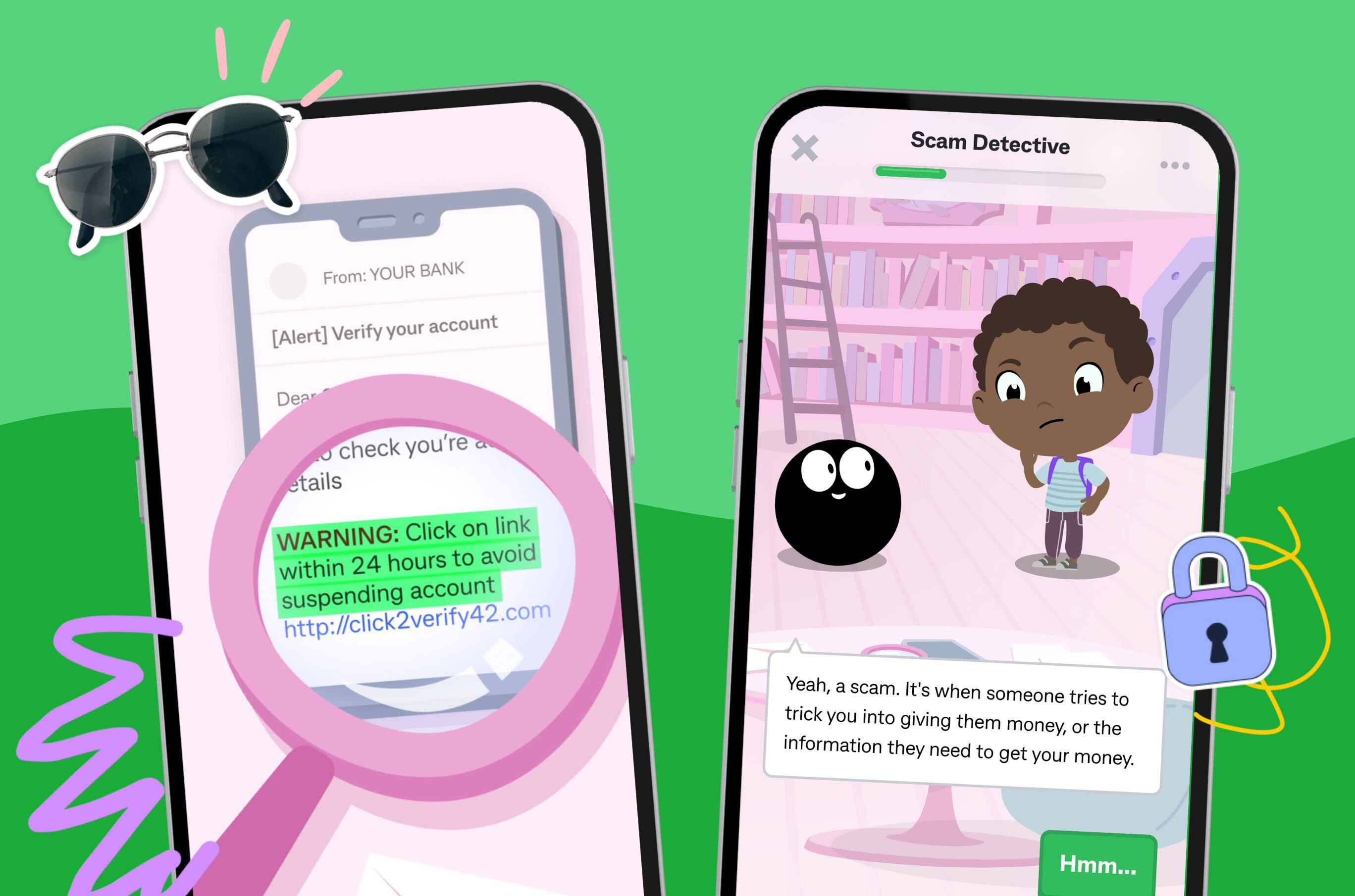The fake online shop
Sarah saw an ad on social media and got a great price for some bedsheets online, but the item never arrived. They contacted the merchant and never got a response. She searched online and found bad reviews, realising that it was likely a fake store.
Moral of the story: If the prices look too good to be true, they probably are. Check out the reviews before you buy, particularly for unknown brands.
Free Robux
Jack was contacted by someone who offered them free Robux if they’d share their password with them. Unfortunately, they logged in and drained their account.
Moral of the story: Never share your passwords!
.jpg?width=521&height=344&name=Blog%20Post%20Images%20(2).jpg)
You’ve won! Or have you?
Jimmy was sent a DM on social media saying he’d won a competition he’d entered. It asked him to claim his prize by entering his bank card details. As he began entering his details, he realised something seemed off and reached out to us. We instructed him to cancel his card and watch his transaction history, fortunately he did not lose any money.
Moral of the story: You should never be required to enter your card details to claim a prize or win a competition. Check closely who is contacting you – sometimes fake profiles try to copy real companies.
Here are our top 3 tips to help your kids stay a step ahead of scammers:
- If it’s too good to be true, it usually is. Check reviews online to learn from other people’s experiences.
- Keep your personal information safe. Never share passwords or card details with others. Don’t click on links that are unfamiliar or look dodgy.
- Scammers try to impersonate real companies. Clues that this might be happening include poor spelling, trying to create a sense of urgency that something bad may happen, dodgy-looking website links, or contacting you using an email address or sender that looks strange.
- If unsure, ask an adult. Keep the lines of communication open with your child, and make sure to let them know that they haven’t done anything wrong – the scammers are the bad guys, not them.
- Get scam savvy. And of course, get your kids to check out the Learn tab in the Kit app to complete the Money Quests on this topic - Scam Detective and Secret Identity.
To learn more about Scams Awareness Week, check out the Scam Watch website, here.
Recent Posts
Consider the PDS, FSG, TMD and other important information at heykit.com.au/legal. Any advice given is general in nature and does not take into account your objectives, financial situation or needs so please consider whether it is appropriate for you.




.png?width=555&height=185&name=30%20day%20free%20trial%20blog%20banner%20(1).png)